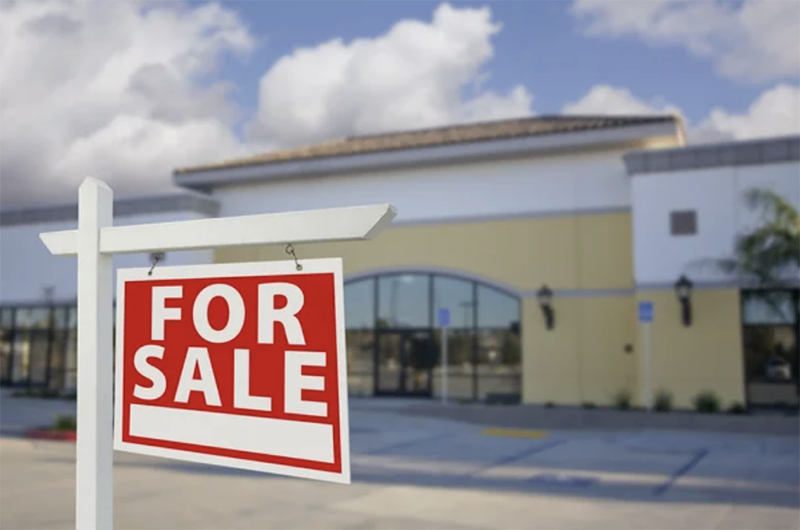The landscape of commercial real estate (CRE) lending in Illinois is as dynamic as it is challenging. Amidst an ever-evolving economic climate, understanding the intricacies of loans, banking, and financing is crucial for developers, investors, and business owners. This article delves into the core aspects of CRE lending in the state, highlighting key cities and discussing relevant fees and financing strategies.
The Role of Banking in Illinois CRE Lending
Banks play a pivotal role in the commercial real estate sector in Illinois, providing the majority of financing solutions for large-scale projects in cities like Chicago, Aurora, and Rockford. Traditional banks offer a range of CRE loans, including mortgages secured by commercial property and construction loans. However, the banking landscape is also seeing an influx of non-traditional lenders who specialize in more flexible or creatively structured financing options.
Understanding Commercial Real Estate Loans
Commercial real estate loans in Illinois differ significantly from residential loans. They often involve larger amounts, and shorter repayment terms, and are subject to market-driven interest rates. Key cities such as Naperville, Joliet, and Springfield see diverse demands for these loans, catering to developments ranging from office buildings to industrial complexes. Prospective borrowers must navigate these loans’ complexity, including balloon payments and loan-to-value ratios, to secure the best financing terms.
The Impact of Financing Trends in Major Illinois Cities
Financing trends in commercial real estate significantly impact Illinois’ largest cities. In Peoria and Elgin, for example, there has been a noticeable shift towards mixed-use development financing, which combines residential, commercial, and retail spaces in one project. These trends not only affect the types of projects that are funded but also influence the economic growth and urban development in these areas.
Fees Associated with CRE Loans
Acquiring a commercial real estate loan in Illinois comes with various fees that can impact the overall cost of borrowing. These fees include loan origination fees, appraisal fees, legal fees, and due diligence fees. Each city may see slightly different fee structures based on local regulations and market conditions. Potential borrowers should thoroughly understand these fees to budget correctly and assess the feasibility of their projects.
Strategies for Securing CRE Financing in Illinois
Securing financing in competitive markets like those in Illinois requires strategic planning and a deep understanding of the market. Successful strategies include establishing strong banking relationships, demonstrating thorough market research, and presenting robust business plans. Additionally, leveraging local incentives and understanding zoning laws in cities like Chicago can provide a competitive edge in securing the desired funding.
The Future of CRE Lending in Illinois
As Illinois continues to adapt to global economic shifts and local market demands, the future of commercial real estate lending looks poised for change. Innovations in financial technology and the increasing importance of sustainability are shaping how developers and financiers approach CRE projects. Keeping abreast of these trends will be crucial for anyone involved in the commercial real estate sector in Illinois.
In conclusion, commercial real estate lending in Illinois offers numerous opportunities and challenges. By understanding the nuances of loans, banking relationships, and the specific financial demands of Illinois’ largest cities, stakeholders can navigate this complex field more effectively, ensuring profitable and sustainable development outcomes.






